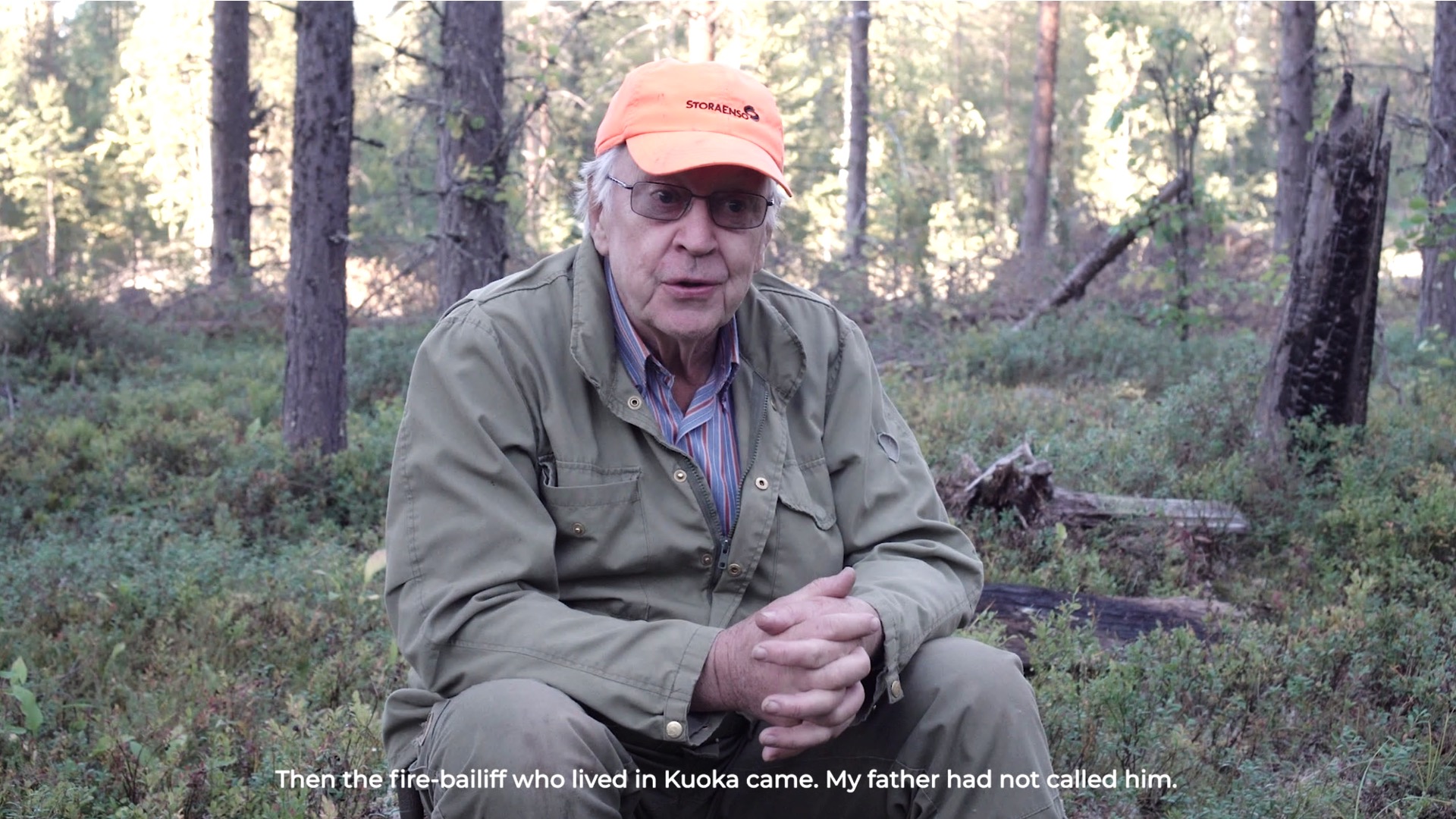
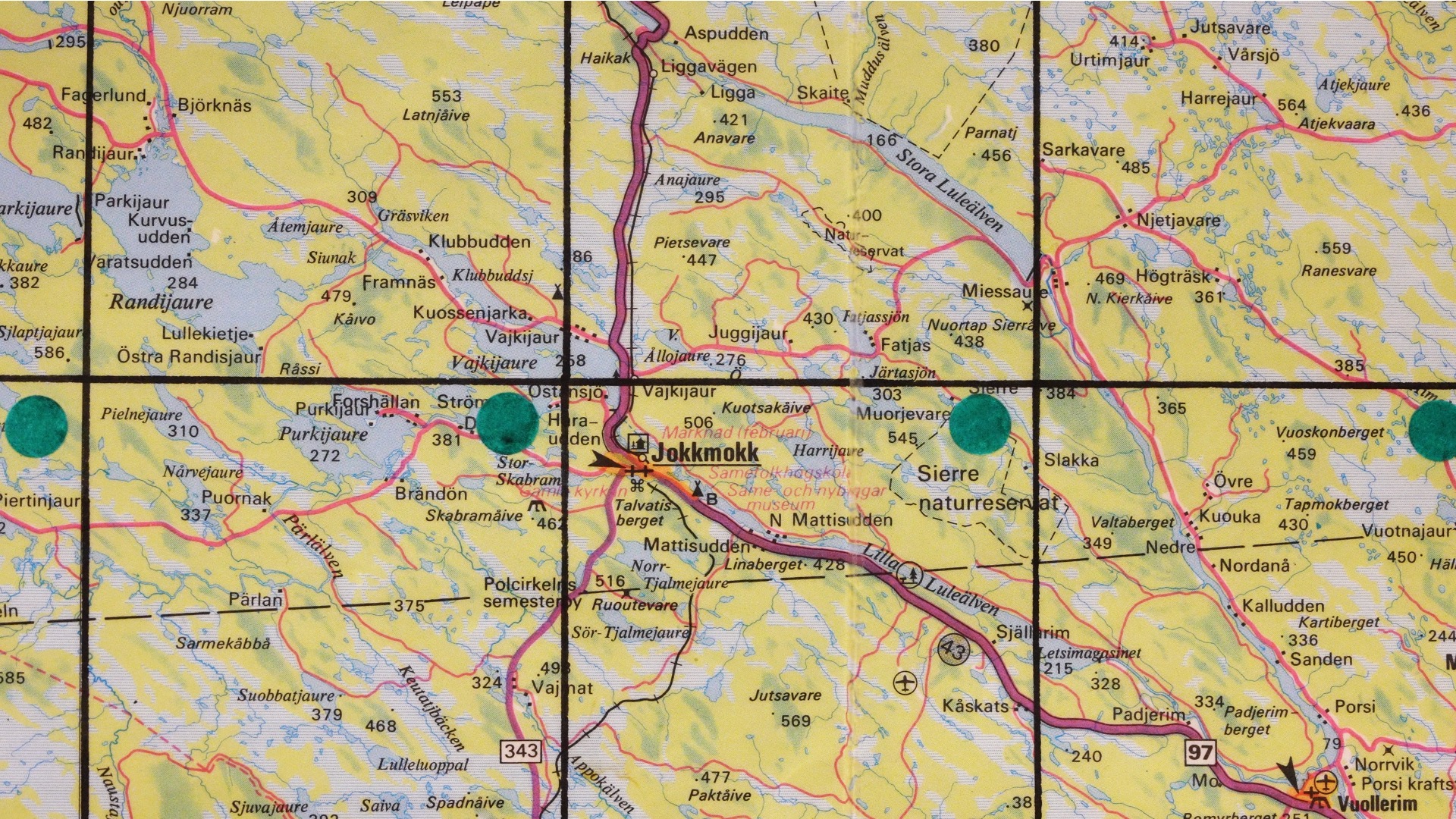
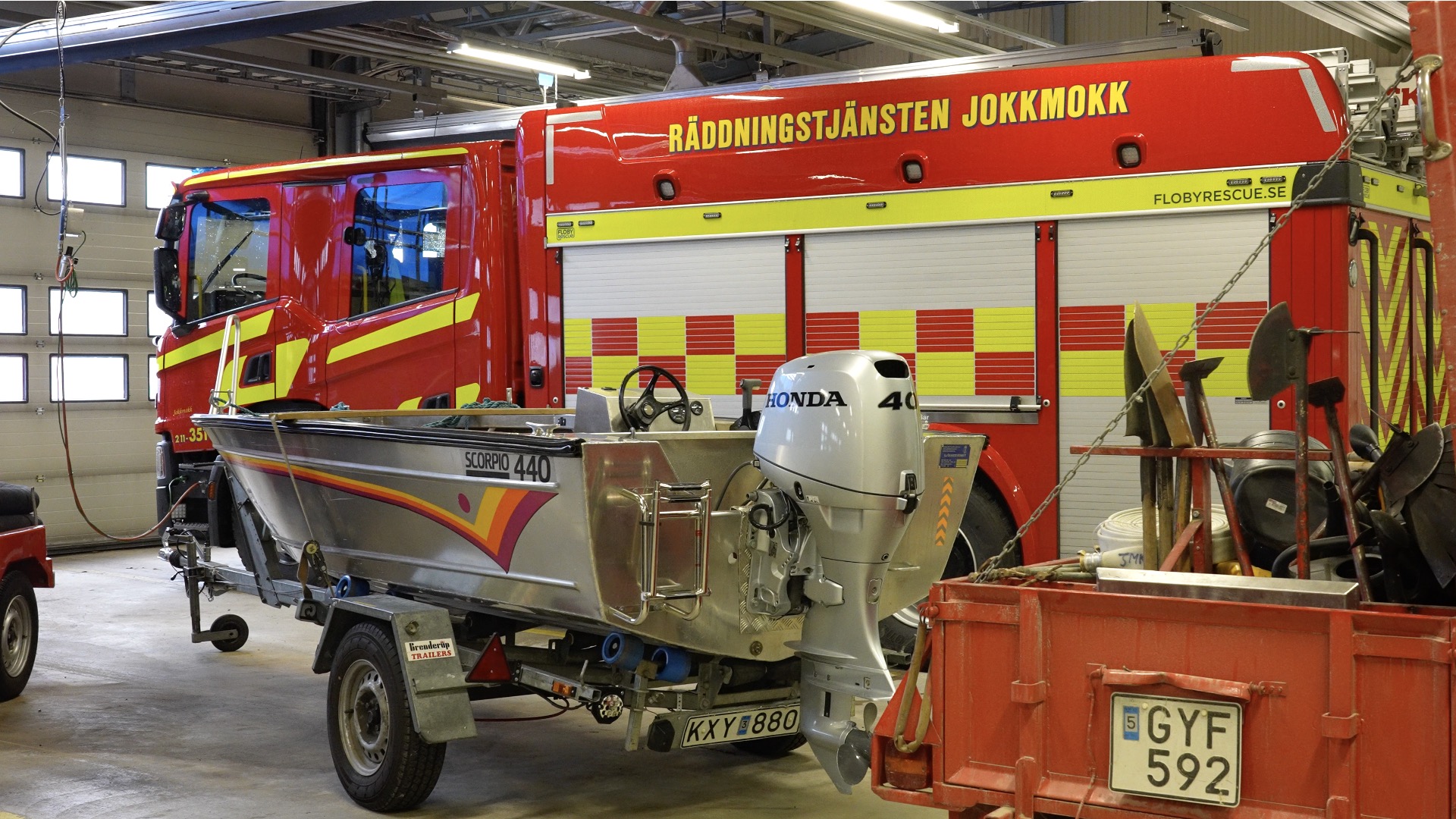
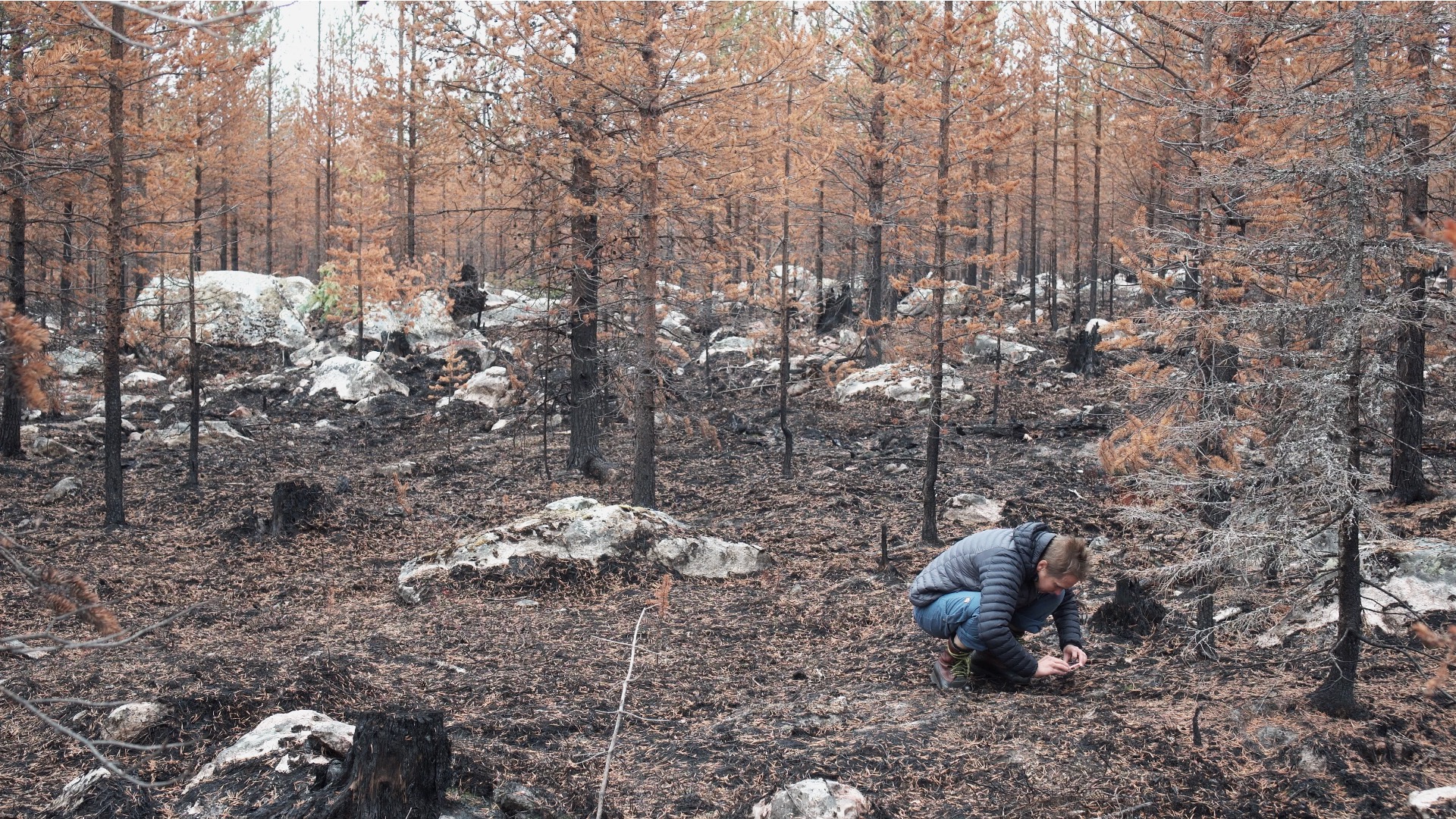
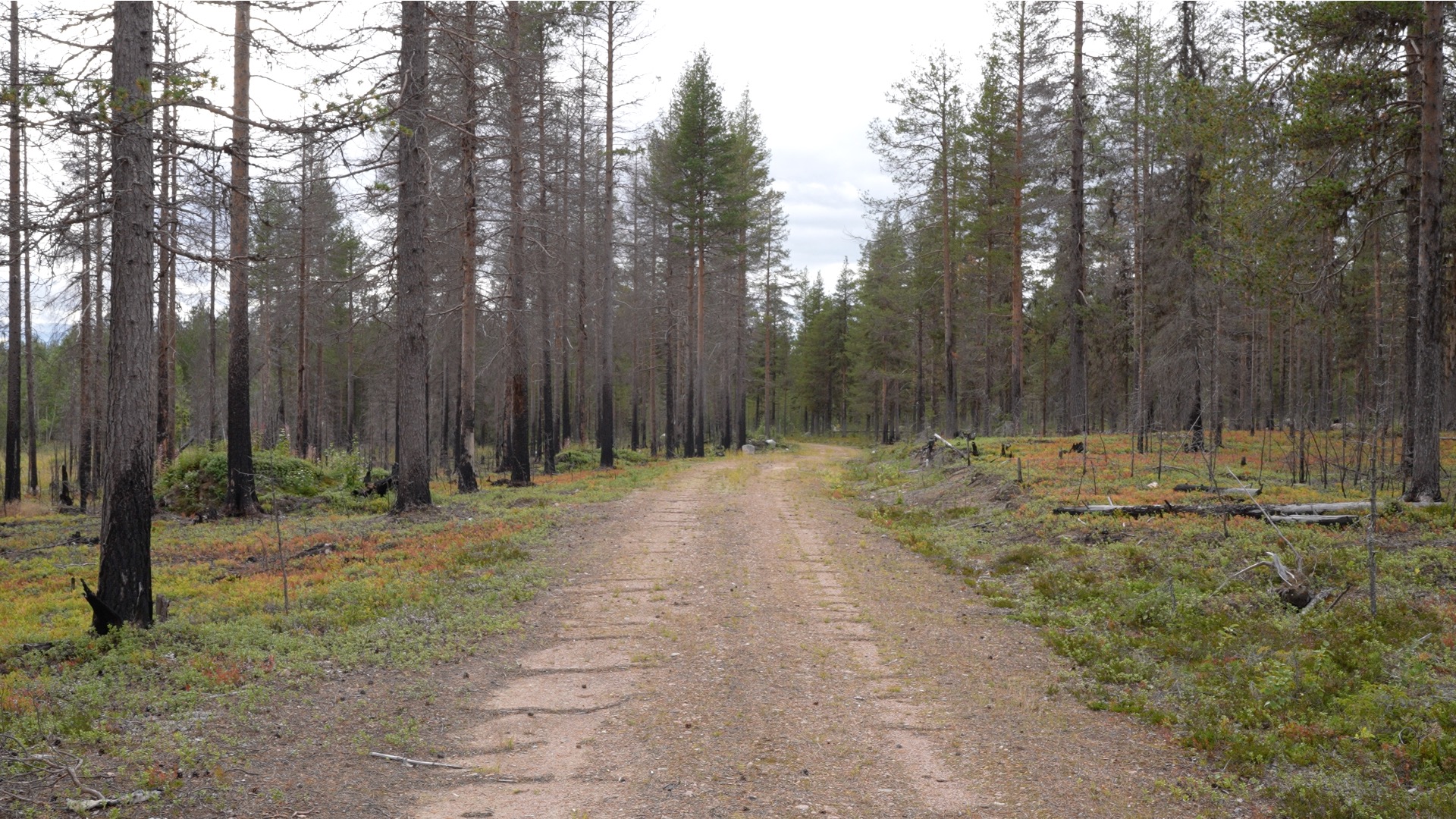
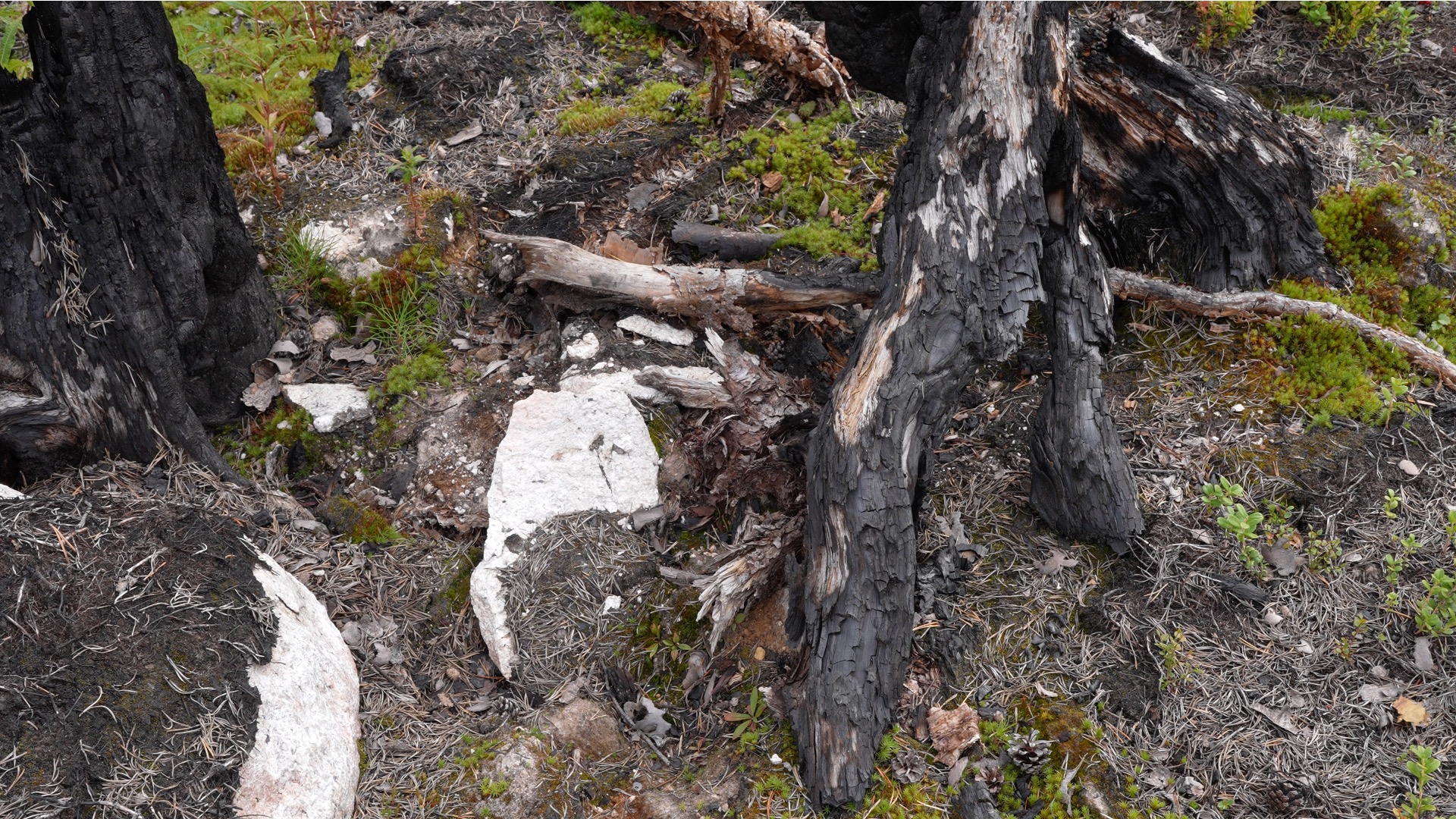
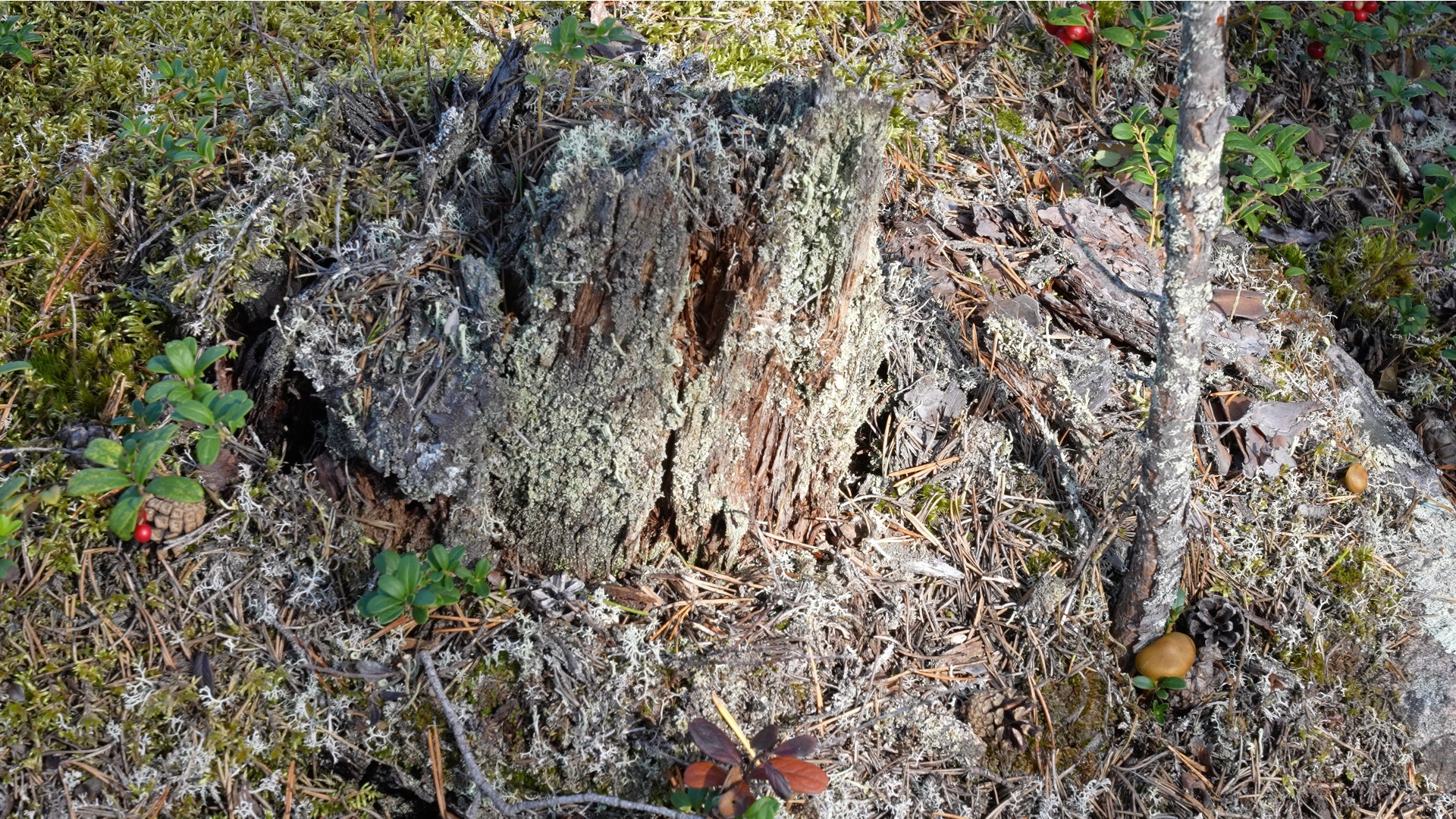
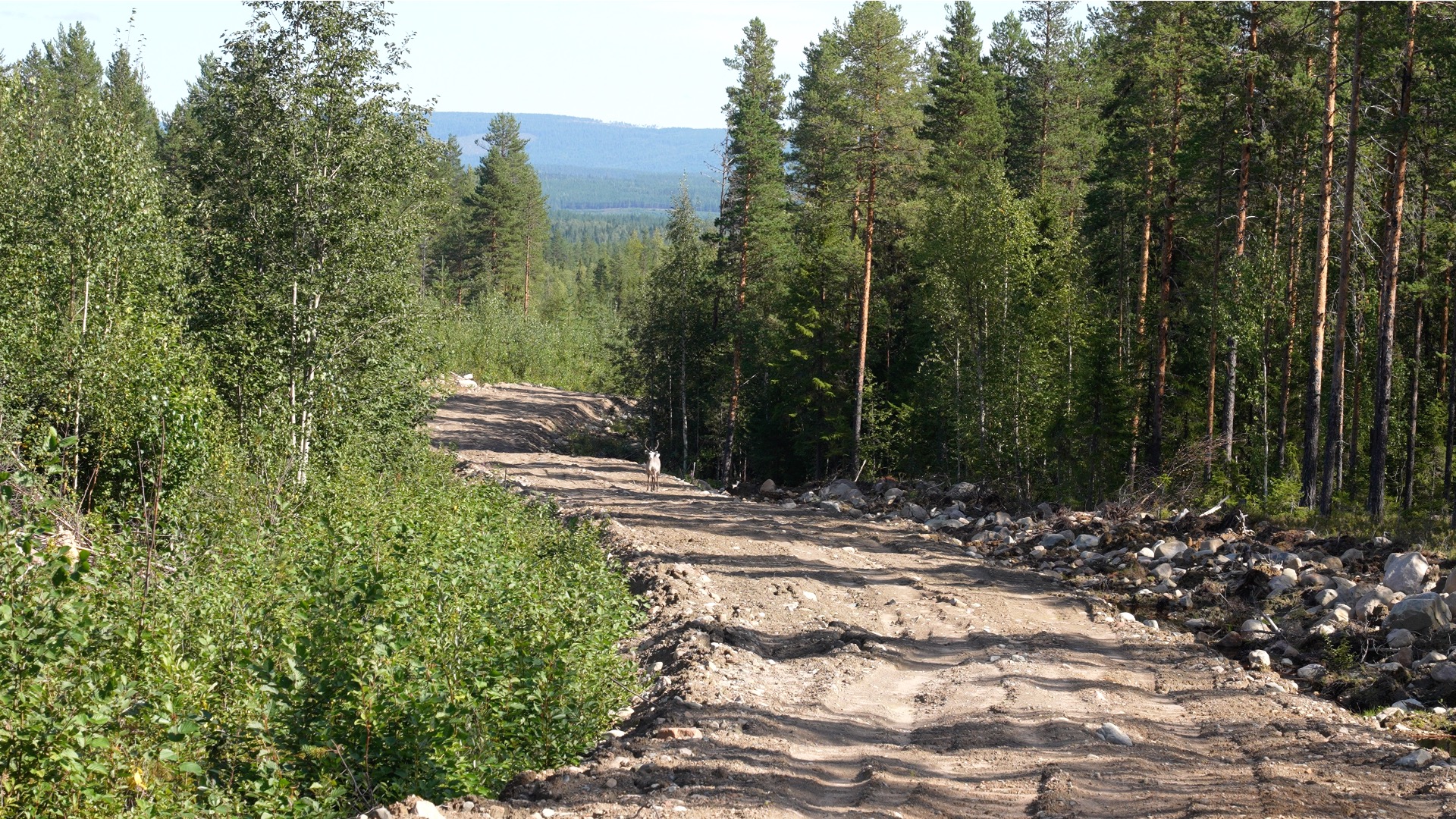
We ask: What Indigenous/Sámi knowledges are available in regards to wildfires, heat, drought and other impacts from climate change/extreme weather events? How can Artistic research/Visual documentation with a critical approach developed collaboratively can be used to document, analyse, discuss and provide a basis for promoting Indigenous knowledges to the nation state and climate change debate?
In relation to climate change, Indigenous peoples are typically portrayed as as the victims of its negative impacts. And if not, they are usually being ignored entirely. It is not only local and Indigenous people themselves that are obscured and erased, but also their knowledges, local expertise, agency, and traditions of knowledge transmission. Hence, a major focus of this research project are the indigenous people left out from the settler colonial nation discussions, debates and actions; May-Britt Öhman refers to it as invisibilisation, a process which we wish to challenge.
The overall aim of this inter- and supradisciplinary research project is to analyse, document and bring forward local and Indigenous/Sámi stewardship of land—with specific regard to fire management, drought and other aspects of climate change—using a constellation of audio-visual and research materials, including interviews, documents, drones images, 3D maps, photographs, writing and workshops, as means of research, communication and dissemination. Through historical and contemporary lived experiences, the project deepens the notion of Árbeddiehto—used to refer to holistic experienced knowledge of the interdependence and interconnection between humans, nature, animals and spirits—to co-produce knowledge and develop important understandings for much needed change regarding climate change mitigation and heat / drought and fire management.
--
This research project is based within the growing field of Indigenous Land Based Education and Knowledge. It is being developed in collaboration with Sámi teacher, author and reindeer herder Gun Aira; Sámi scholar and Professor in Environmental history May-Britt Öhman; and Sámi journalist and documentarist Liz-Marie Nilsen. The project furthermore includes non-Indigenous academic scholars and environmental activists and invites non-Indigenous representatives within settler colonial states to co-produce knowledge and develop an important understanding for much needed change regarding climate change mitigation and heat/drought and fire management. Long-term and ethical art/documentary strategies can offer new ways of reexamining global ecology through local and Indigenous knowledge. The project is situated at Uppsala University, Centre for Multidisciplinary Studies on Racism (CEMFOR), in collaboration with the Ájtte Museum, Jokkmokk.
--
Supported by
Swedish Research Council for Sustainable development (FORMAS)
--
Indigenous perspectives on forest fires, drought and climate change: Sápmi, CEMFOR, Uppsala University
Ignacio Acosta, CEMFOR, Uppsala University
--
--
Events
NAISA Conference Bådåddjo/Buvvda/Bodø, 2024
--